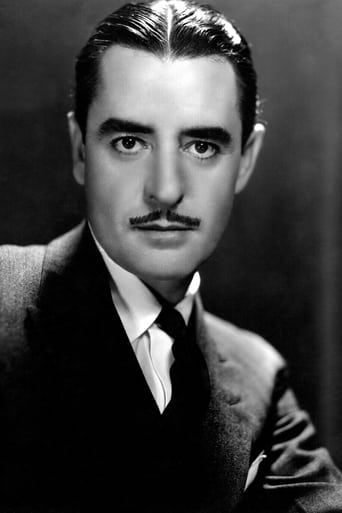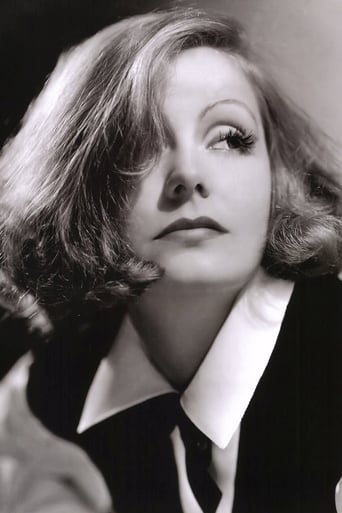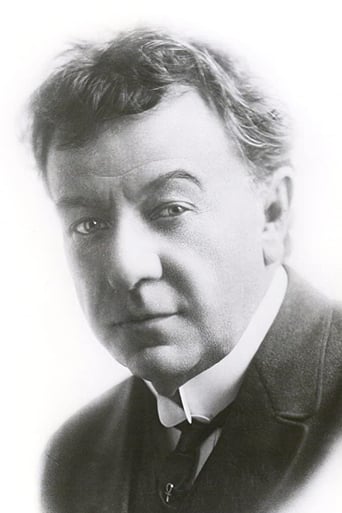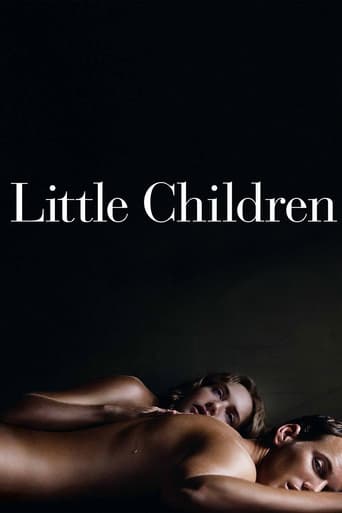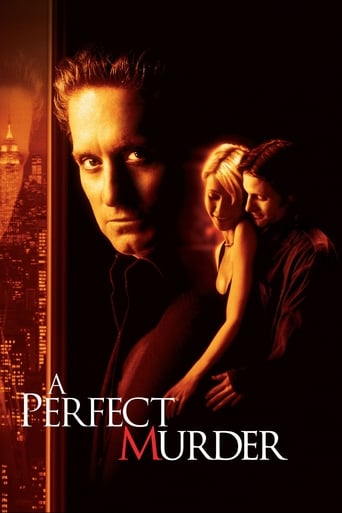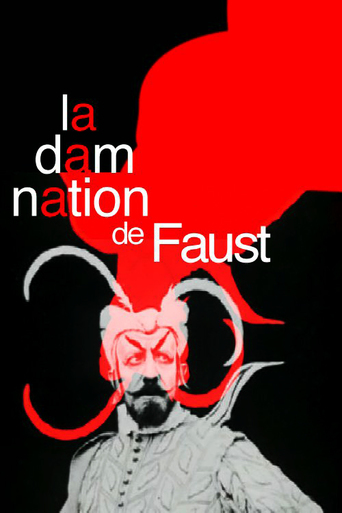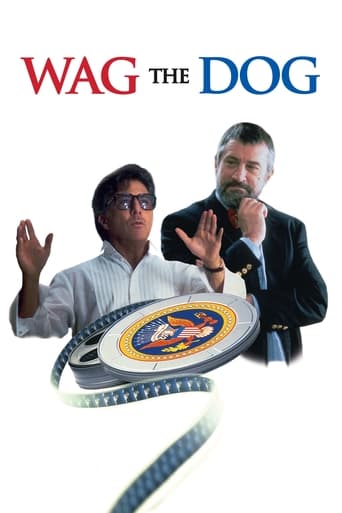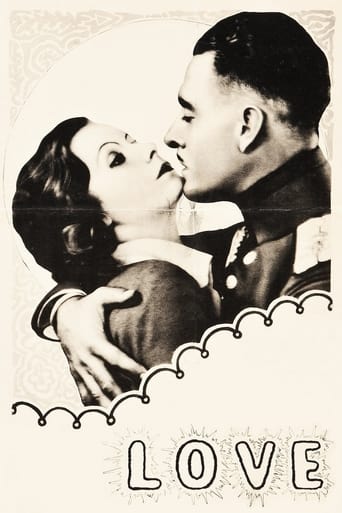
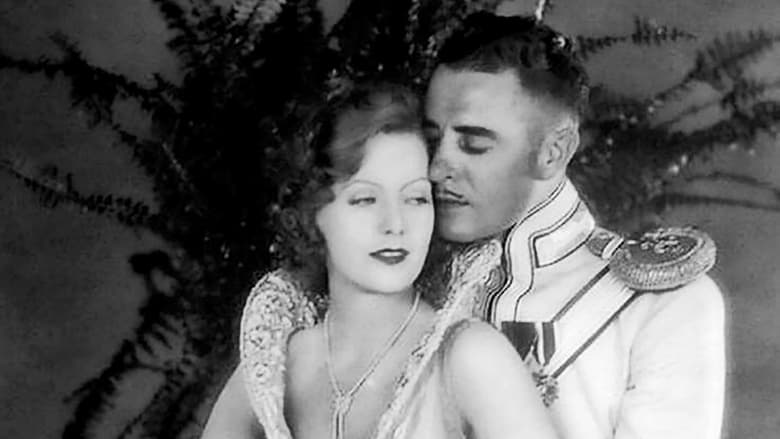
Love (1927)
In Imperial Russia, Anna Karenina falls in love with the dashing military officer Count Vronsky and abandons her husband and child to become his mistress.
Watch Trailer
Cast
Similar titles
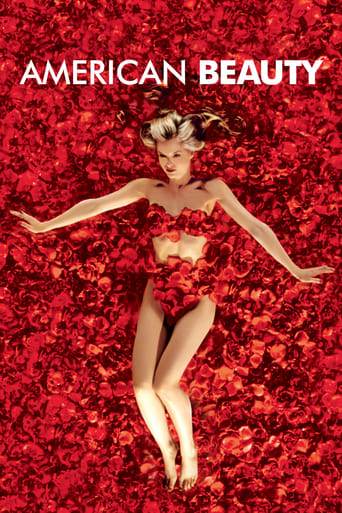
Reviews
People are voting emotionally.
One of my all time favorites.
It's the kind of movie you'll want to see a second time with someone who hasn't seen it yet, to remember what it was like to watch it for the first time.
The film never slows down or bores, plunging from one harrowing sequence to the next.
As I have stated before and often in my reviews, I don't care whether or not a film adaptation is faithful to its source material; my only requirement is that it be good and stand on its own two feet. Love (1927) mostly does this; I haven't read Anna Karenina, though I am familiar with the basic outline of the plot. Love hits the high points of the story, though it does make the relationship between Anna and Vronsky more a case of two soul mates finding one another than what those two characters are in the novel.Garbo is luminescent as Anna. She was not only gorgeous, but she could communicate such depth and soul despite being featured in so many standard melodramas. Gilbert does good and is ardent as the romantic lead, but Garbo steals the show. As is usual with most 1920s MGM melodramas, the production is lavish and pretty. My biggest issue is that the story is incredibly rushed; everything moves so quickly and it feels like scenes were even lost or snipped. Nothing develops gradually. Aside from that problem, Love is a nice romantic drama, though if you want your Garbo-Gilbert fix, you're better off with Flesh and the Devil or A Woman of Affairs.
When lots of classic buffs discuss Garbo's portrayal of Anna Karenina, they most often refer to the sound version directed by Clarence Brown in 1935. And they are right since the sound version with Greta Garbo and Fredric March is the supreme adaptation of Tolstoy's novel during the silver screen's heyday. That is the movie, which despite its 75th birthday is still highly captivating, and thanks to Greta Garbo, the story of Tolstoy's heroine touches the depths of viewers' hearts. However, whilst developing the knowledge of Garbo's unique presence on screen and her outstanding yet short career, I was deeply touched by seeing the silent production LOVE directed by Edmund Goulding, the man who later directed one of Garbo's most popular movies, GRAND HOTEL. Although the movie LOVE has been quite ignored by many viewers, even by Greta Garbo fans, it is very much worth attention as a pleasant silent film.The reason why I liked the movie does not lie in its source novel. As a matter of fact, there are a number of serious liberties taken when applied to content, plots and historical depiction. When you are looking for the Anna Karenina story, you had better see other versions for sure. The major reason why I like it lies in the presence of Garbo and Gilbert, two main characters into whose empty lives has swept a force that illumines them and changes everything. After their ultra popular FLESH AND THE DEVIL where the chemistry between the two was an absolute revelation and Garbo's magnetism on screen was the combination of thrill and joy, carnal desire and overwhelming beauty, here, Garbo plays again opposite Gilbert and she is truly in love with him as Anna is in love with Vronsky. And the handsome Captain Vronsky though careless, reckless once changes himself from within. Gilbert is no worse in the role of Vronsky than he is in his roles as Leo Von Harden, Nevs or Antonio. Their scenes can boast unforgettable chemistry and appear to be timelessly genuine. You watch a silent film where two people are really in love with each other...that says for itself. It must have been a smashing success. Garbo and Gilbert are really in LOVE! That aspect is strongly combined with their scenes and moments that are hard to forget. For who can skip the luminous dance on Easter Night? Who can remain indifferent to their spiritual contact at the scenes galore, for instance the one of the military race? Who is ready to ignore the tension and wit at their first meeting? This combination of magical charm, chemistry, and wit leaves a lasting impression in the viewer and you simply consider LOVE one of those silent films that are pleasantly watched over and over again. This power of the main couple makes you forget the source novel and forgive some inaccuracies and liberties. You simply watch a film.The supporting cast contribute to three people: Brandon Hurst as Karenin, George Fawcett as Grand Duke and Phillippe De Lacy as Serezha. Mr Hurst represents memorably the person who cannot stand any sensation and is a man of old morals, as he says: 'any gossip about my wife reflects upon me.' Mr Fawcett is the actor who portrays his role as memorably as he did portray Pastor Voss in FLESH AND THE DEVIL. Yet, in LOVE he is a different person, no longer raging about the sins of his sheep but an understanding general, who has a sense of humor, who understands delays and gets the gist of sacrifice rightly. Phillippe De Lacy is memorable as Anna's child and steals some of the best scenes with Garbo. It is important to state that those supporting cast also make LOVE a memorable silent.Therefore, LOVE is another Garbo film I consider a must in my gallery, a pearl of old days when cinema conveyed humane message, when performances were unforgettable, when there were great stars that illumined screen, Garbo and Gilbert in LOVE in a bright story of Love that may face its darkness but is finally illuminated by the dawn of a new day...
With a mix of modern dresses for the ladies and typical regimental outfits for the men, this adaptation of ANNA KARENINA is quite different from the novel and other film versions in a few ways. After deserting her family for Vronsky, he does not tire of and desert her - he stays faithful - it is she who voluntarily gives him up to prevent his being thrown out of the Guards and thereby saves his name from disgrace - her suicide is to save him, rather than being an act of despair.Anna's completely "losing it" when his horse falls in a race - in front of society - is her downfall as it exposes their affair to the world, after which society must wreak its revenge. Without this "flaw," things might have gone otherwise for her. The finest scenes are between Garbo and Philippe de Lacy, who plays her son. Their two scenes are so full of playful mother-son love as to prove to better than Garbo's scenes with Gilbert. Indeed, there is none of the passion or obsession here that the two displayed earlier that year in FLESH AND THE DEVIL. de Lacy is a beautiful young actor and a "natural." One of the annoying things about Vronsky is his inability to understand this love - he selfishly wants Anna all to himself - the cad!Garbo's farewell scene with Gilbert, she knowing she'll never see him again and he oblivious to this fact, is also quite well done.The TCM print is flawed by having a live audience reacting poorly on the soundtrack, although the newly commissioned score by Arnold Brostoff is quite fine. This soundtrack addition occurred in 1994 and seems the only one accompanying prints of the film currently. There is a beautifully photographed waltz with Garbo and Gilbert - oft seen in compilations and reminiscent of his waltz scenes with Mae Murray in THE MERRY WIDOW.All in all, worth catching for Garbo, but the two later remakes of the work are much better.
(Possible SPOILERS) I'm glad to see this forgotten film receiving praise here from fans; I echo Silntfan's sentiments about Gilbert--this is the movie that made me suddenly realize he was a good actor. He didn't seem like the same actor from "Flesh and the Devil" and "A Woman of Affairs." My favorite silent Garbo film is still the light, stylish "The Kiss," but "Love" impressed me greatly.By the way, various sources (Maltin's book, the TCM host) claim this 1927 version is "modern". Yet it's set in Czarist Russia, which is not modern for 1927! In fact, nothing in the film indicates it's not a 19th Century setting--they don't drive cars, they don't go to movies, they don't have telephones, etc. You might argue that Garbo's fashions are modern, but that just means they're anachronistic for the Czarist era, not that the whole setting is modern. What's really modern is the ending, and that's what I want to praise.It came as a breathtaking shock to me, since I had no prior knowledge of it. The TCM print ends with a happy resolution. Then we see a notice that this was the American ending, and next comes the tragic ending shown in Europe. This film's tragic ending of Anna K (well-known) is abrupt and unconvincing (unlike every other scene in this film, so well-directed by Edmund Goulding).At the risk of being a literary heretic, I must say the happy ending is better! I know we're supposed to sneer at Hollywood's desecration of great literature, and we're supposed to be swept up in the romantic tragedy of sacrifice, how noble or self-pitying it is. But frankly, the classic ending is a revolt against reason. In fact, it's a conventional moralistic punishment for a supposedly strong heroine. The happy ending, in which people actually behave with sense, is subversive because Anna gets to have her adulterous beefcake and eat it too. Call it a crass commercial decision if you will, but it's exactly what Tolstoy couldn't have published in the 19th Century, and what Hollywood couldn't have done after the Production Code crackdown in 1934--which is probably as much why the 1935 remake is tragic as any special allegiance to Tolstoy. The high 20s was the right window to tell the story sensibly.
